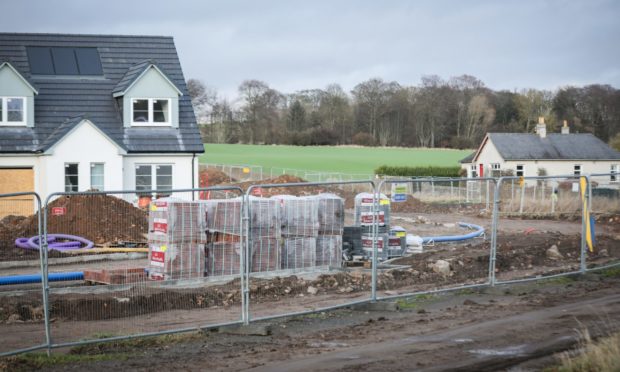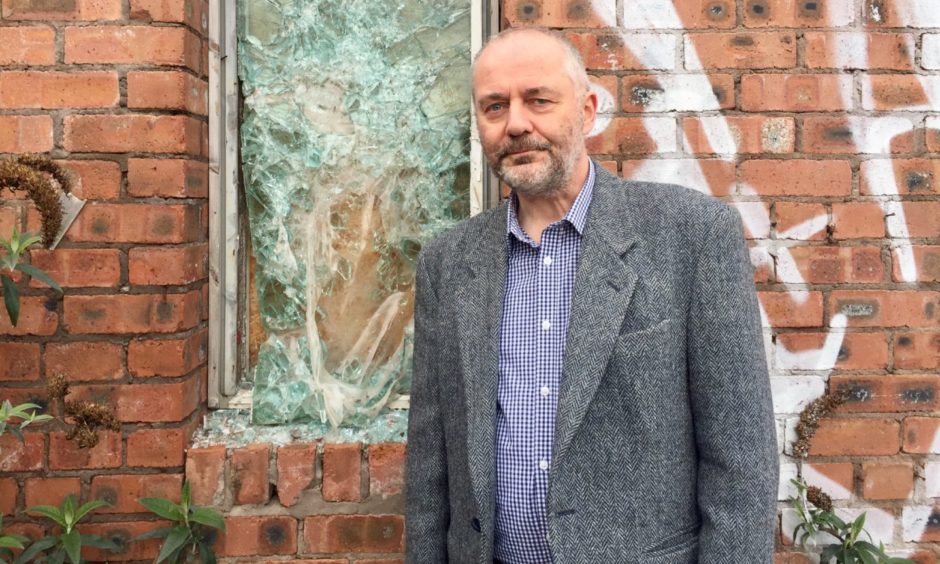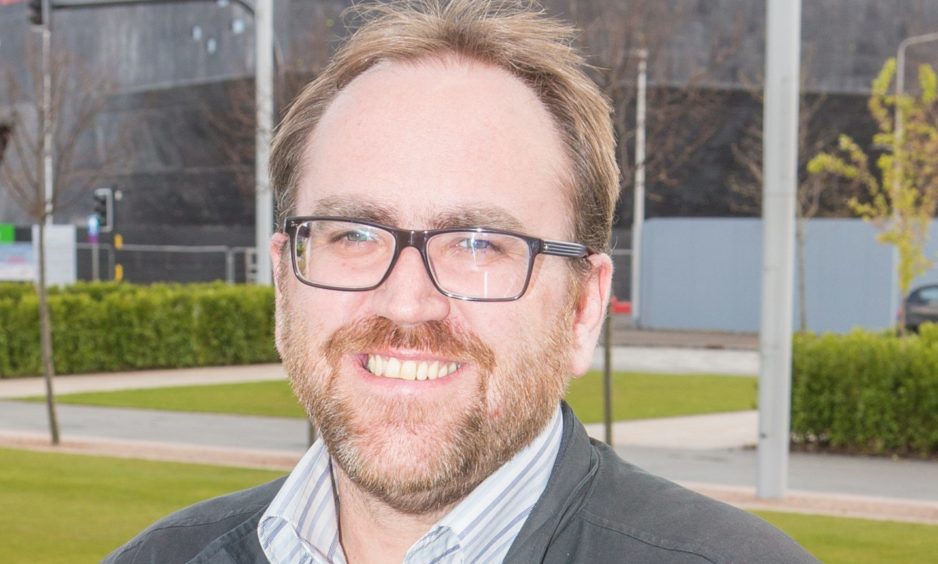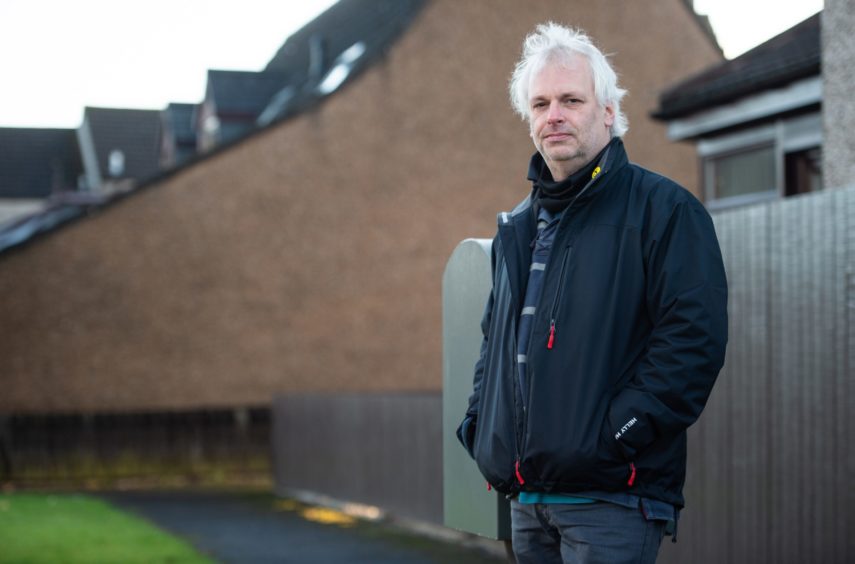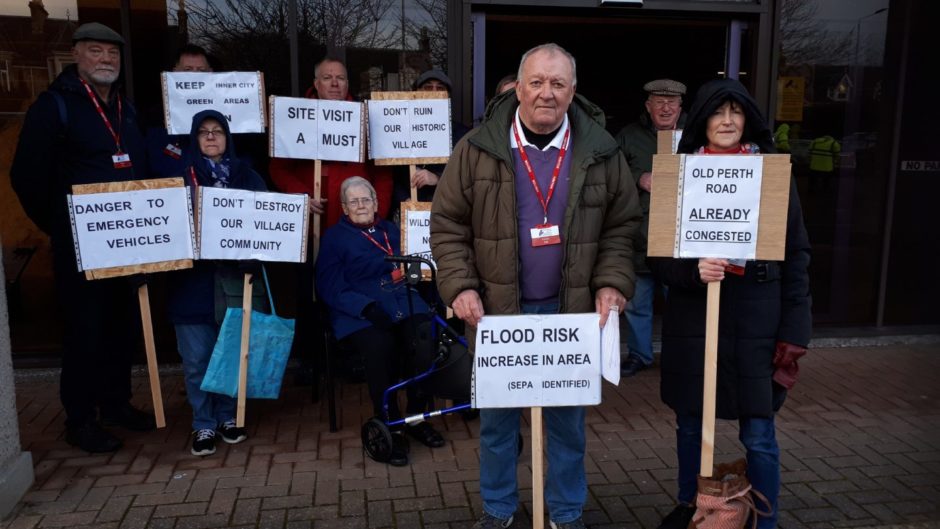The Scottish Government has been accused of running roughshod over local democracy as figures show a large number of planning application decisions are overturned.
In Orkney 80% of applications turned down by councillors have been approved on appeal by Scottish Government reporters.
A number of major housing developments dismissed by local representatives in Dundee on the basis it would be detrimental to the city have been overruled by the government, including plans to build more than 100 houses in Broughty Ferry.
Twelve of the last 18 have been overturned in Dundee — more than 66%.
Councillors and former planning bosses involved in the process have warned “complex” rules guiding their hands, as well an “unweighted” system in favour of the appellant means decisions made locally can seem overlooked on a national level.
Nationally, the Scottish Government has approved on average 40% of appeals submitted since April 2015.
But figures for Angus, Fife, Perth and Kinross, Highlands and Islands, Orkney show significantly higher rates.
Aberdeen and Aberdeenshire are below the national average, but 58 out of 152 appeals were approved in both areas combined in a five-year period.
‘A mockery of local democracy’
Jimmy Black, a former councillor who served as depute convener of planning on Dundee City Council, explains how the rules can make it difficult for those approving sites.
“Councillors, when they consider planning applications, are bound by a very strict set of obscure rules, which means they can only object to developments for technical or legal reasons,” he said.
“Simply not liking a development isn’t enough, but I’m fairly sure whether councillors or their constituents like a development or not is a very important factor.
“That leaves officers in the difficult position of finding acceptable reasons for decisions taken by councillors which, on the face of it, seem hard to justify under the rules.
“Maybe the best example was mobile phone masts, although they seem to go through much more easily now. The temptation is to leave unpopular decisions to the reporter, who doesn’t have to stand for election locally.
“I suspect some developers factor in the costs and time involved with an appeal to the Scottish Government whenever they propose doing something unpopular, like building a new housing scheme near existing homes.
“Clearly Scottish Governments over the years have not trusted local government to make good decisions. That’s a shame because it turns local councillors into consultees rather than decisionmakers.
“With the exception of nationally important developments, like railways or roads, and working within a clear framework of rules, it seems to me councils should be allowed to live or die by their own decisions.
“If a council strangles economic development through poor decision making, let the electors kick them out.
“And, equally, if councils allow over-development to the detriment of their communities, the ballot box is the way to get rid of them. Where they act illegally, the courts are there for that.
“A strong example of the government overriding local wishes is the saga over the site of the old Kingspark school.
“The council eventually bowed to a strong and sustained community campaign and rejected the proposed Persimmon housing scheme — the Scottish Government reporter overruled it. To me, that made a mockery of local democracy.”
Appeals part of the ‘robust process’
Will Dawson, convener of Dundee City Council’s planning committee, said allowing applicants to appeal, and those decisions being made by government reporter, was part of the “robust process”.
He said: “Planning decisions are made in accordance with the Local Development Plan, the Tayplan Strategic Plan and Scottish Government legislation, which have all gone through a rigorous and lengthy process of draft and re-draft to take into account the views of everyone who has a stake in the built environment.
“All of this information goes on to form the basis of officers’ recommendations; however, most of the applications decided on by the planning committee will use the policies of the local development plan, which has also been agreed by the council at the city development committee.
“Most of the applications highlighted here as being granted on appeal were recommended for approval by officers when they were initially brought to the planning committee.
“Members can, quite rightly, disagree with the recommendations of officers at the committee. There may be differing views on applications that come to planning committee, but as long as decisions are based solely on material planning grounds, the decisions are valid.
“Applicants that are unhappy with the planning committee’s decision have the right of appeal. This is a key aspect of the planning process.
“The most critical point to make is that the planning system in Scotland allows for different views.
“However, it is important to stress that the overwhelming majority of Dundee City Council planning decisions are not appealed and none of the planning committee’s decisions which were subject to appeal were challenged on the basis that the committee acted unlawfully. As such, I believe that we have a robust process.”
In Moray six out of 10 appeals were overturned and SNP councillor David Bremnar, who sits on the local authority’s planning committee, said: “Given the number of planning applications that pass through the department, I would not categorise the six appeals upheld in Moray since 2015 as high. These can be expected from time to time.
“This is all simply part of the checks and balances of the planning process, and it’s interesting to note that, for Moray, it’s a fairly even balance between appeals upheld by the reporter and those rejected.
“An appeal can be upheld for a variety of reasons. For instance, the reporters for the appeals consider all the national and local planning policies and in some cases may give greater weight to the need for renewable energy and affordable housing.”
Council overturned
Almost half of all decisions made by Highland councillors in the last five years have been overturned by Scottish Government reporters, while Orkney had the highest rate in Scotland, at 80%.
Many of the contentious decisions involved windfarm and salmon farm projects, as well as the controversial Coul Links golf course proposal in Sutherland, which was ultimately refused — despite Highland councillors backing the development.
Highland Council convener Bill Lobban hit out, saying: “I have always had concerns regarding the imposition of a single reporter to make decisions on local planning appeals.
“Reporters cannot possibly have the same level of local knowledge as members of the planning committees.
“I would be more comfortable if appeals were dealt with by a panel of three rather than a single reporter.
“There has to be some method of redress but the current system is weighted unfairly in favour of applicants who have the right to appeal their application to a reporter whereas objectors have no such right. That is inherently unfair.
“The goalposts should be the same on each side. Either both applicant and objectors should have the right of appeal or neither.”
Highland Council’s planning chairman, Jimmy Gray, added: “There has been a number of instances whereby decisions made by the Scottish Government reporters in overturning planning decisions by democratically elected councillors has caused concern, confusion and real lack of trust from both councillors and the communities they represent.
“One of the worst examples of this was the decision of the Scottish Government reporter to overturn a unanimous decision of the South Planning Application Committee to refuse an application for a housing development in the Drakies/Culcabock area (of Inverness).
One of the major concerns was that application involved the access for this development being directly on to Old Perth Road. This was despite the fact that the Local Plan specifically stated that there would be “No intensification of traffic on to Old Perth Road”.
He added: “The decision of the reporter has caused considerable alarm and concern among councillors and the community alike.
“The decision to refuse was made after considerable discussion and scrutiny, following on from a site visit by all the councillors of the committee, and it was made unanimously.
“The major and genuine concerns about the intensification of traffic out on to Old Perth Road, which is one of the busiest roads in the Highlands.
“The proposals involves the traffic coming out immediately opposite the access to Raigmore Hospital, the largest and busiest hospital in the Highlands.
“It also has the largest ambulance service in Highlands alongside and, in very close proximity, the Police Headquarters.”
Resident Joan McEwen, of Old Perth Road, said: “The decision to overturn the Local Planning Committee goes against any sense of reasonableness or natural justice and is something none of the residents can understand.
“We are all mature and reasonable people who accept that we cannot all agree all the time but we expect to able to understand what is happening.
“In this case it is completely beyond our understanding. Among many factors the reporter appears to have completely ignored is the fact that the land earmarked for accessing on to Old Perth Road is not in the ownership of the applicant.
“This land belongs to residents of Old Perth Road who are all strongly opposed to what has been proposed with this development.”
Not always in favour of construction
Decisions overturned by reporters do not always favour developers, however.
The Scottish Government refused to back the creation of a luxury golf course development on an important nature site in Sutherland, following protest from groups including Scottish Natural Heritage and the RSPB.
A four-week public inquiry heard that Coul Links near Embo had one of the most complex dune systems in Scotland, with relatively low levels of human impact and was an important habitat for rare birds.
Highland Council had granted consent in 2018, against the advice of its own planning officers, after developer Todd Warnock – backed by many locals – claimed it would provide a much-needed economic boost for the area.
But after calling the issue in, the Scottish Government decided against the proposal, which was opposed by several nature groups.
Majority of planning decisions still made by councillors
The majority of Scottish planning applications are still decided by local authority planning committees, the Scottish Government points out.
A spokesperson added: “The applicants right of appeal to Scottish Ministers relating to certain decisions made by the local planning authority is an important part of the planning system.
“Most planning appeals are decided by an independent reporter who is required, by law, to make the decision on the planning merits of the case, taking full account of submissions made by all parties involved, including members of the local community.
“The final decision on the vast majority of development proposals is made by the relevant local planning authority.”
A spokeswoman for Orkney Islands Council added: “Due to the very low number of planning permission appeals – less than three per year on average in Orkney – statistics can be affected by individual decisions.
“The 10 cases provided represent approximately 0.4% of over 2,500 applications received by the planning authority over the same period referred to.”
